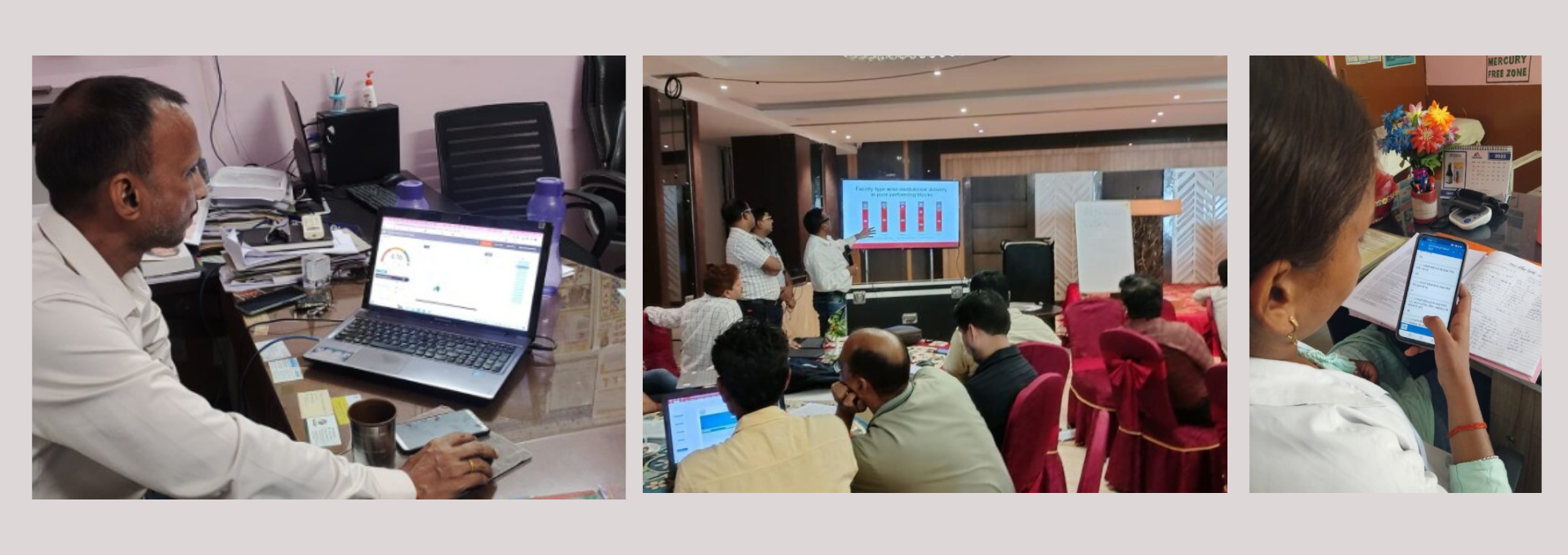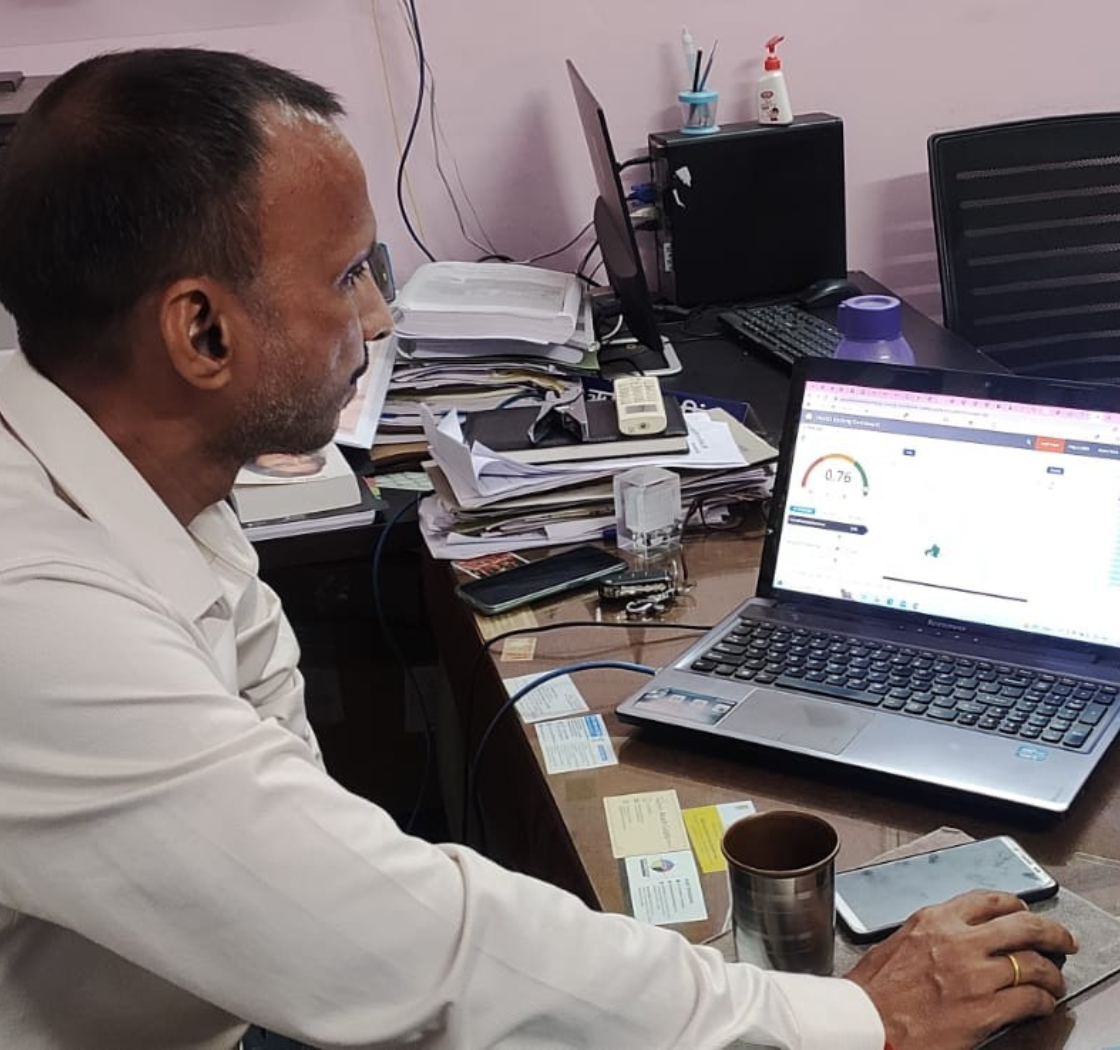

The policymaking function of government is powerful in creating enabling conditions for population health. One of the major components that can enable this process is the presence of a robust data-driven system that forms the foundation of informed decision-making for public health1. Data-driven approach allows government generated data to produce insights, communicate information, and assess the health impact of policies and programs2. To effectively plan and manage public health services and tackle public health issues and crises, access to reliable and timely data is of utmost importance.
Government of India (GoI) uses Health Management Information System (HMIS) to monitor a vast variety of health programs and provides key inputs for policy formulation and appropriate program interventions. The national HMIS is a web-based monitoring information system that has been implemented and adopted across all states. Through the HMIS, GoI monitors several national health schemes, tracks the performance of district health systems, and captures data on service delivery, training, and infrastructure3.
The Government of Uttar Pradesh (GoUP) first implemented the national HMIS platform in 2009. However, several challenges affected both data quality and usability for programmatic decision-making in Uttar Pradesh. In October 2013, the University of Manitoba and India Health Action Trust established the Uttar Pradesh Technical Support Unit (UP TSU) as a part of a memorandum of understanding between the Government of Uttar Pradesh (GoUP) and the Bill & Melinda Gates Foundation to support GoUP in enhancing the efficiency and effectiveness of implementing the reproductive, maternal, neonatal, child, and adolescent health program. A key activity of UP TSU is to support GoUP in improving the collection, quality, and use of routinely collected health data across all levels of the health system in the HMIS, as well as data reported in national-level initiatives.
A Monitoring and Evaluation (M&E) Unit was established within UP TSU to support GoUP. This mainly includes – improving the availability, accessibility, quality and use of data. The core objective of this unit is to provide techno-managerial support to the Health Department of GoUP to enhance the use of data for decision-making. The specific objectives can be listed as follows:
UP TSU adopted a multi-layered approach to enhance the use of data for programmatic decisions. This was based on three core pillars: (i) Strengthen Government Data System (ii) Concurrent Monitoring System (iii) Strategic Analysis.
UP TSU is supporting GoUP towards enhancing the use of data for decision-making in terms of data availability, accessibility, quality and use for improved health outcomes. The enhanced use of data for the decision-making process envisaged that setting up a clear pathway is key to achieving the desired health outcomes. This involves designing a clear trajectory for data use to (1) track impact level indicators (2) identify the intermediate indicators that have an immediate effect on the impact (3) highlight actionable inputs and processes which will lead to improvement in outcome and impact level health indicators. To demonstrate such evidence-based programming, UP TSU supported GoUP in establishing different platforms for data quality assessment, and data-based review meetings, designed and implemented easy-to-use tools and facilitated on-site mentoring and capacity building support at the state, district and block levels.
One of the key approaches adopted to improve the health outcomes in UP was to make effective use of data for program planning and decision-making. To do so, the interventions were geared towards strengthening the data ecosystem in the state, bringing newer data analytics frameworks and enhancing the data use through multiple interventions. The interventions were also designed in such a way that they are sustained even after transitioning to GoUP.
Read the full report to understand the interventions in the link below.
1 https://www.afro.who.int/news/data-decision-making-health
2 https://globalhealthdata.org/data-for-public-health-policy/
3 About us: Introduction: National Health Mission. Government of India, HMIS-Health Management Information System. Updated June 23, 2022. Accessed July 8, 2022. https://hmis.nhp.gov.in/#!/aboutus